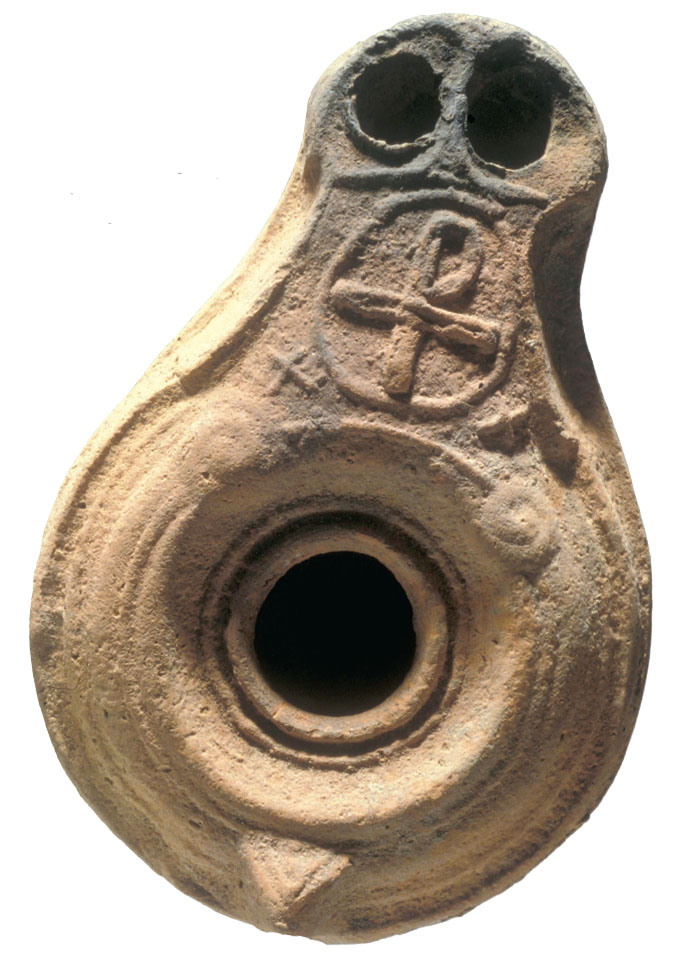A History of World Societies:
Printed Page 169
A History of World Societies Value
Edition: Printed Page 165
The Spread of Christianity

The memory of Jesus and his teachings survived and flourished. Believers in his divinity met in small assemblies or congregations, often in one another’s homes, to discuss the meaning of Jesus’s message and to celebrate a ritual (later called the Eucharist or Lord’s Supper) commemorating his last meal with his disciples before his arrest. Because they expected Jesus to return to the world very soon, they regarded earthly life and institutions as unimportant. Only later did these congregations evolve into what came to be called the religion of Christianity, with a formal organization and set of beliefs.
The catalyst in the spread of Jesus’s teachings and the formation of the Christian Church was Paul of Tarsus, a well-
The breadth of the Roman Empire was another factor behind the spread of Christianity. If all roads led to Rome, they also led outward to the provinces. This enabled early Christians to spread their faith easily throughout the world known to them, as Jesus had told his followers to do in the Gospels, thus making his teachings universal. The Romans also considered their empire universal, and the early Christians combined the two concepts of universalism.
Though most of the earliest converts seem to have been Jews, or Greeks and Romans who were already interested in Jewish moral teachings, Paul urged that Gentiles, or non-
People were attracted to Christian teachings for a variety of reasons. It was in many ways a mystery religion, offering its adherents special teachings that would give them immortality. But in contrast to traditional mystery religions, Christianity promised this immortality widely, not only to a select few. Christianity also offered the possibility of forgiveness, for believers accepted that human nature is weak and that even the best Christians could fall into sin. But Jesus loved sinners and forgave those who repented. Christianity was also attractive to many because it gave the Roman world a cause. Instead of passivity, Christians stressed the ideal of striving for a goal. By spreading the word of Christ, Christians played their part in God’s plan for the triumph of Christianity on earth. They were not discouraged by temporary setbacks, believing Christianity to be invincible. Christianity likewise gave its devotees a sense of identity and community, which was very welcome in the often highly mobile world of the Roman Empire. To stress the spiritual kinship of this new type of community, Christians often called one another brother and sister. Also, many Christians took Jesus’s commandment to love one another as a guide and provided support for widows, orphans, and the poor, just as they would for family members.